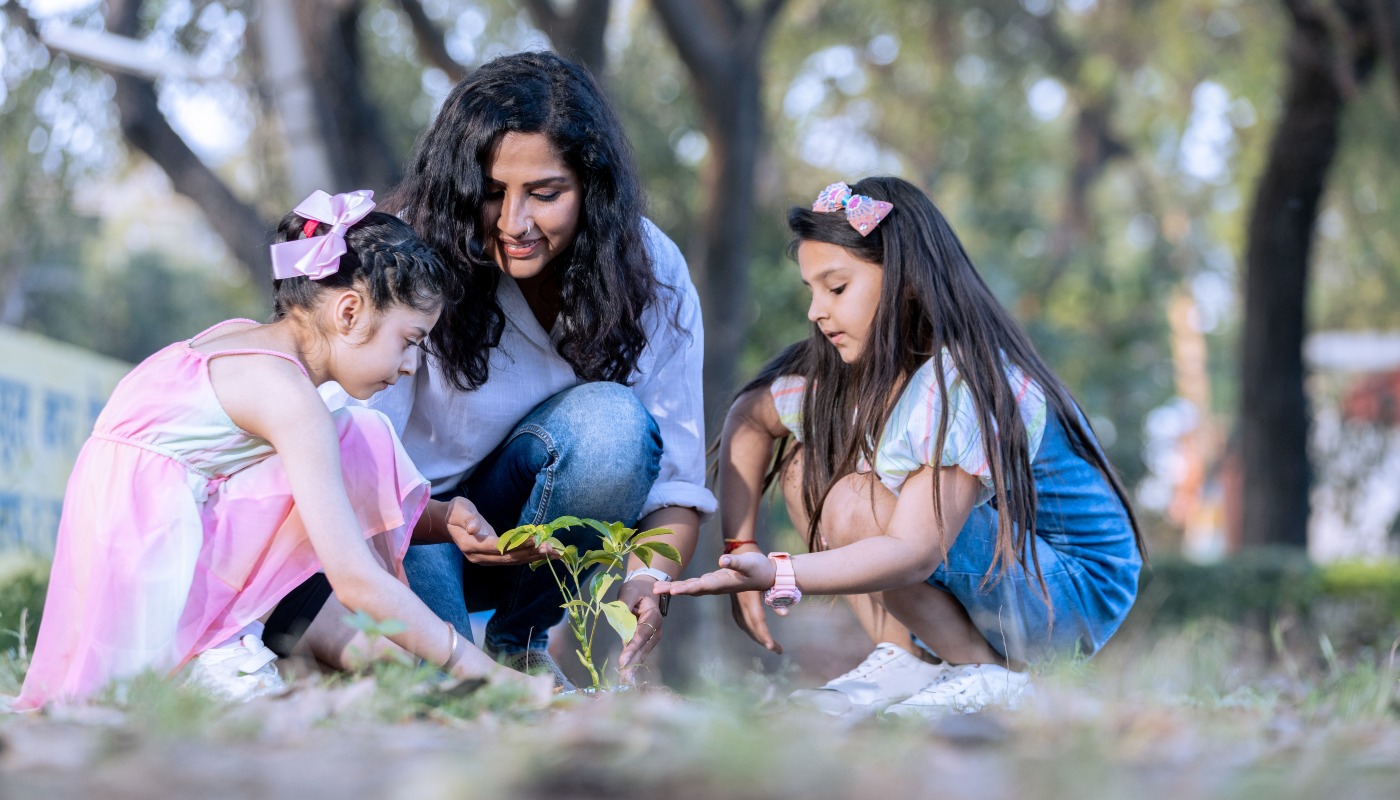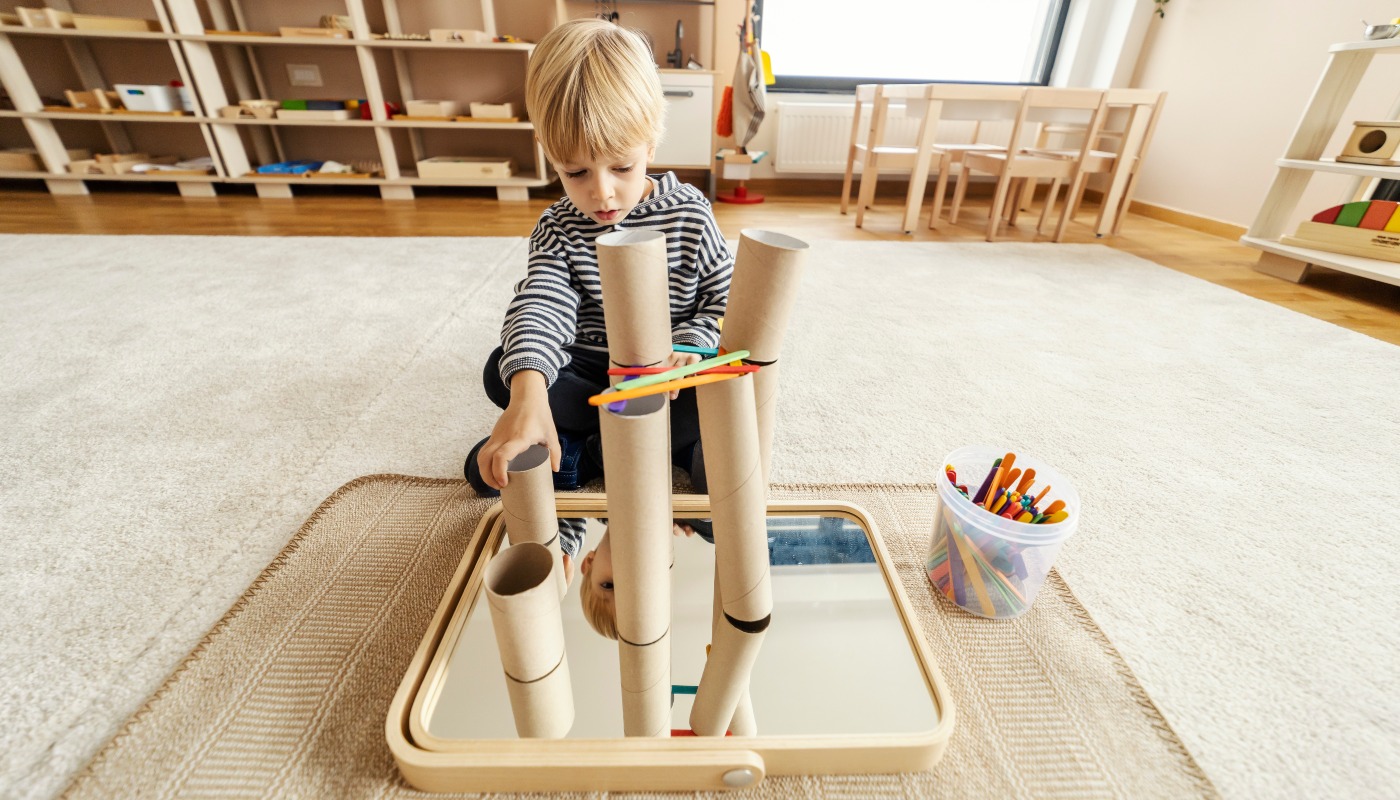Educating in waiting. What is patience and how to manage it in childhood?
Discover the importance of educating children on patience. Learn how to manage frustration and children's ability to wait.
child care
Share

In the society of immediacy in which we live, we must address the issue of waiting as a fundamental skill in children's development. Education in waiting involves cultivating patience and resilience from an early age, preparing children to face life's challenges with a positive and persevering attitude.
Waiting should not be seen simply as empty or wasted time, but as a valuable opportunity for learning. In situations where children have to wait, whether in the doctor's waiting room or in line to participate in an activity, they have the opportunity to develop skills such as patience, tolerance and self-control.

Tips for fostering patience in children
- Teach by example: children learn by watching adults. Try to show patience in your day-to-day life.
- Explain the importance of patience: talk to children about why patience can help them at school, with friends and family.
- Set realistic goals: make sure children understand that they can't always get what they want right away and that some things take time.
- Practice waiting: introduce activities that require waiting, such as board games that have turns, crafts that take time to complete or prepare a recipe together with cooking times.
- Reinforce patient behaviour: praise and reinforce children when they show patience, even if it’s in small ways. For example, if they wait their turn without interrupting a conversation.
- Develops self-regulation skills: helps children to be resourceful in dealing with frustration and boredom while waiting. For example: deep breathing, classic counting to ten or distracting yourself with another activity.
- Encourage problem-solving: think together with them about creative solutions when faced with situations that require waiting. It will teach them to find ways to deal with these moments constructively.
- Be patient yourself: recognise that teaching patience takes time and that children will make mistakes along the way. Keep calm when challenges arise.
Waiting also plays a crucial role in the development of resilience. Learning to cope with the frustration and anxiety that often accompany waiting strengthens children's ability to adapt to difficult situations in the future. By overcoming small obstacles while waiting, children cultivate a resilient mindset that prepares them to face bigger challenges in their lives.






